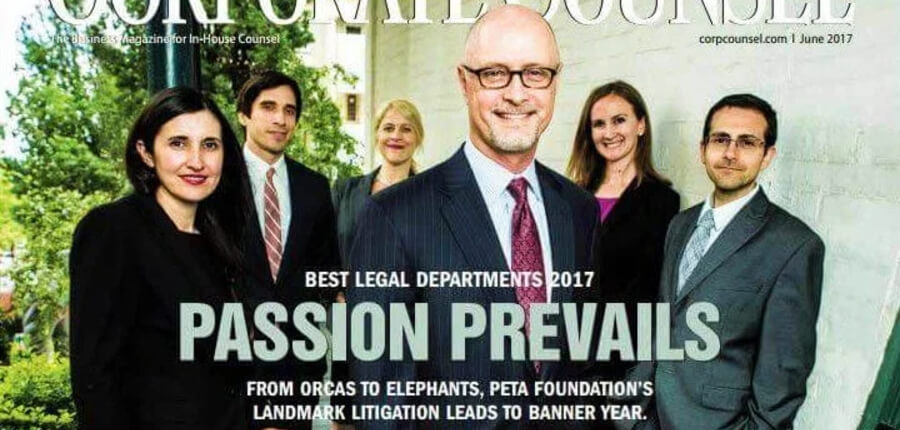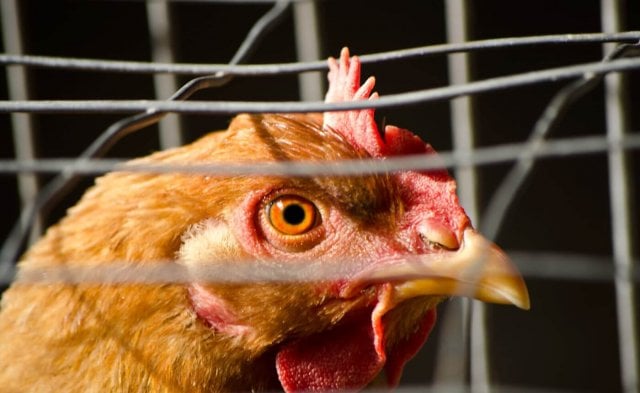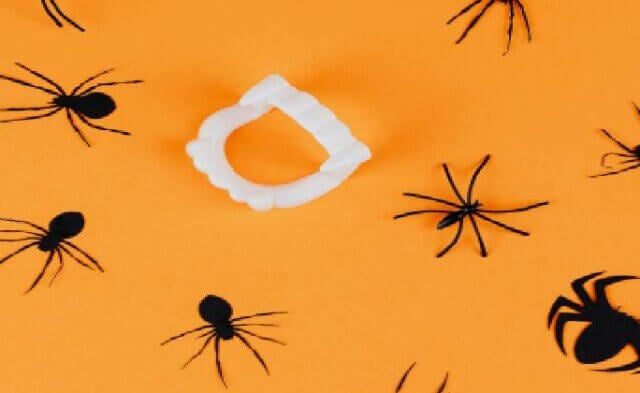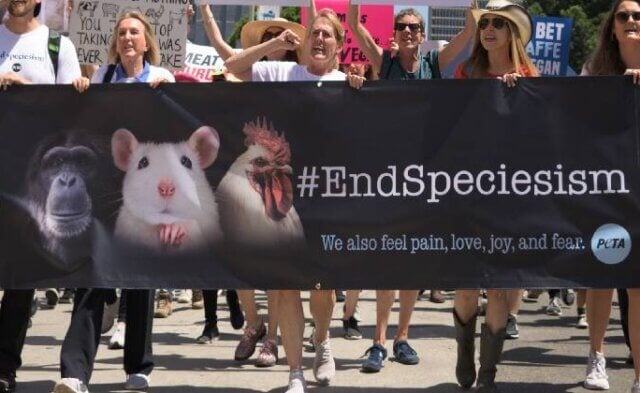More than 20 lawyers operate as a boutique law firm on behalf of PETA and other plaintiffs, meaning the PETA Foundation has the largest and most successful animal rights legal team in the world. It was even named “Best Legal Department of the Year” in 2017 by Corporate Counsel magazine and was only the second nonprofit team—and the first for an animal rights group—ever to receive that distinction.
Members of this dream team gave you a riveting glimpse into their innovative approach during PETA’s virtual “Not Your Usual Animal Rights Conference” in July. Click here to watch their class video, and and enter the password VARCPETA21 when prompted.
Here are some of the groundbreaking cases that PETA’s legal team discussed at the conference:
Emptying the Tanks
What if someone kidnapped you from your family, confined you to a bathtub, forced you to perform silly tricks, and subjected you to artificial insemination in order to breed more performers, all for another’s profit? That would violate your constitutional rights, big time.
According to the 13th Amendment to the U.S. Constitution, neither slavery nor involuntary servitude shall exist within the United States. Based on this amendment, PETA’s legal team filed a lawsuit that asked a federal court to find that five wild-caught orcas—forced to perform at SeaWorld—were being enslaved.
This case was the first in history that sought to apply the 13th Amendment to other animals. The orcas themselves were listed as plaintiffs, and the lawsuit asked for their release to natural habitats or seaside sanctuaries.
Orcas are highly intelligent animals who swim long distances, dive to great depths, work together, and have unique societal roles. But SeaWorld deprives them of their culture, which includes vocal, social, and foraging traditions that are passed down through generations. Instead, it forces these animals to perform pointless tricks in exchange for dead fish and swim in circles in small concrete tanks.
We look back with disgust at human enslavement, and one day, we will look back on the treatment of these animals with the same shame. The SeaWorld lawsuit sought to abolish slavery in all forms, and—since the ultimate decision in the case acknowledged that rights guaranteed in the Constitution could protect animals—it was an important step forward.
To Thine Selfie Be True
When a photographer takes a picture and someone uses it without permission, it’s considered copyright infringement. But what if the photographer happens to be a monkey? Does someone else have the right to benefit from the photo the animal took?
PETA’s legal team set in motion a groundbreaking case—known as the “monkey selfie” lawsuit—which ignited international discussion about the need to extend fundamental rights to animals. It sought to establish a macaque, Naruto, as the copyright owner of the famous self-portrait that he took with photographer David Slater’s unattended camera in 2011. After all, Naruto didn’t take the picture by accident—he was fascinated by his image in the camera.
Thanks to the perseverance of PETA’s lawyers, sales of Naruto’s photographs will now help protect and support him, his community of macaques, and their Indonesian home. Slater agreed to contribute 25% of future revenue from the monkey selfies to charities devoted to protecting Indonesian crested macaques.
Who Gives a Hoot? PETA!
If you asked anyone with a conscience, “Should owls be mutilated and tortured for no reason?” the answer would undoubtedly be “No.” Yet for some reason, Johns Hopkins University is legally allowed to torture owls under the guise of (junk) science. That doesn’t fly with PETA.
Barn owls are clever, empathetic animals, but 30 of them are imprisoned in a Johns Hopkins University laboratory. They undergo invasive brain experiments and are then slaughtered—all in the name of curiosity. These owls—as well as other birds, mice, and rats—are intentionally omitted from the measly protections of the federal Animal Welfare Act because of the vile 2002 Helms Amendment. Not only is this unethical, it’s also unconstitutional.
In a historic animal rights case, PETA’s legal team is suing the federal government. As the Constitution states, Congress can’t pass laws that punish individuals or members of groups. This includes inanimate corporations—so PETA argues that it must also include living animals.
No Censoring, Please!
Those of us with companion dogs can’t imagine them being confined to and neglected in a laboratory—yet, for decades, Texas A&M University has bred dogs to develop a crippling form of muscular dystrophy and has subjected them to painful experiments. Following an intensive PETA campaign, the school ended its dog-breeding program in 2019. However, 19 dogs are still imprisoned inside cold metal cages at the school’s laboratory—and PETA is determined to get them out.
After Texas A&M rejected a PETA ad on its buses that depicted a dog who was used in these experiments, PETA filed a lawsuit arguing that the school had discriminated against our viewpoint, which violates the First Amendment.
Peony—the dog featured in PETA’s ad—could barely walk, swallow, or even breathe. She suffered from repeated parasite infestations and was subjected to excruciating surgeries. Then, she was euthanized just two months before her second birthday.
In response to PETA’s lawsuit, Texas A&M ended its unconstitutional transit system advertising policy. It even recognized that the policy had violated PETA’s rights.
We have now filed another First Amendment lawsuit against Texas A&M, challenging the school’s deletion of comments about its cruel dog laboratory on its Facebook page and other social media sites. This suit is pending, so stay tuned!
PETA’s Legal Dream Team Fights On
PETA’s lawyers are blazing new trails for animal rights, redefining how the law considers animals and applying it in creative ways to secure and protect rights for all.






